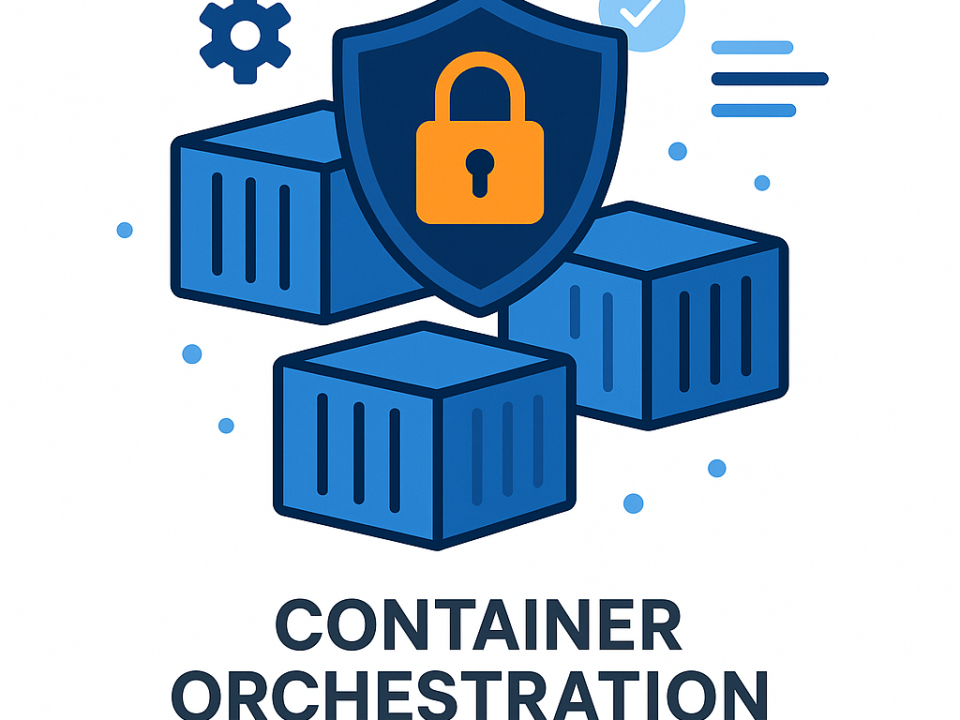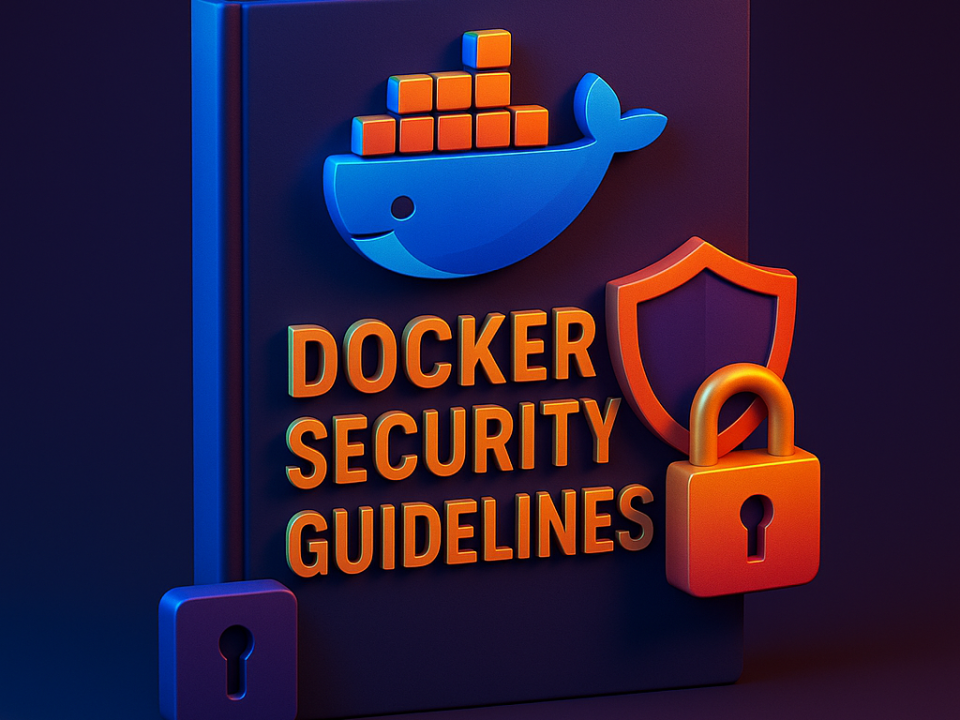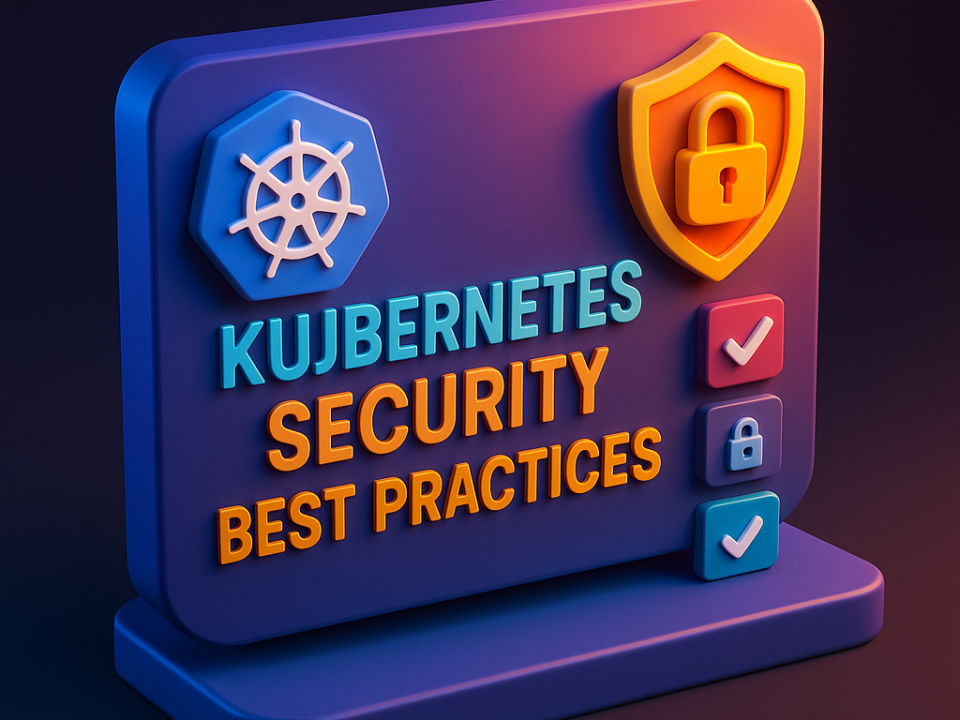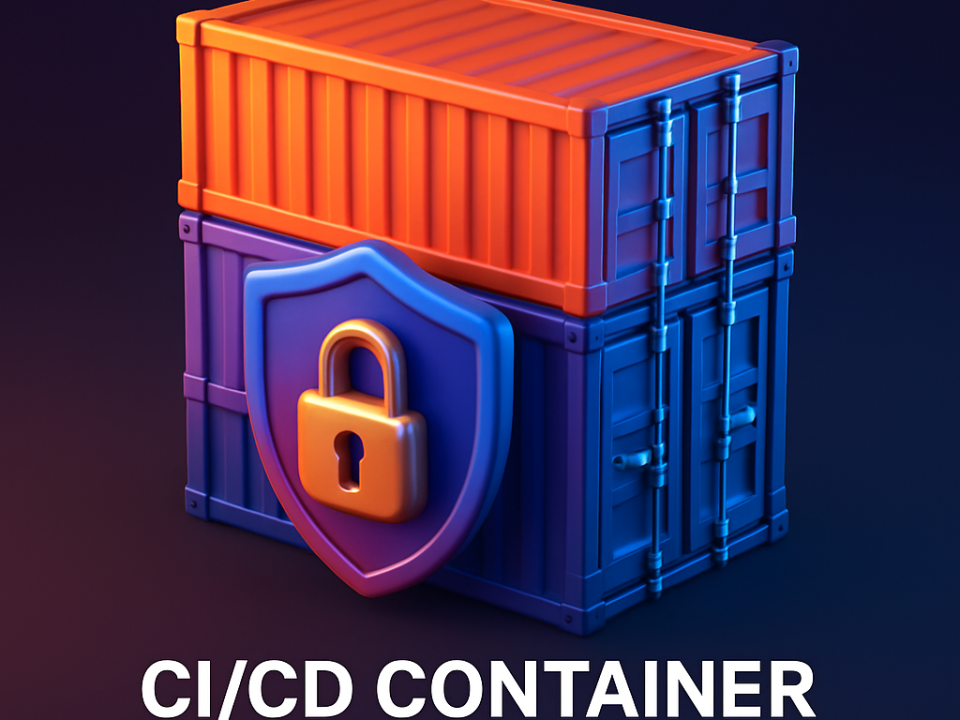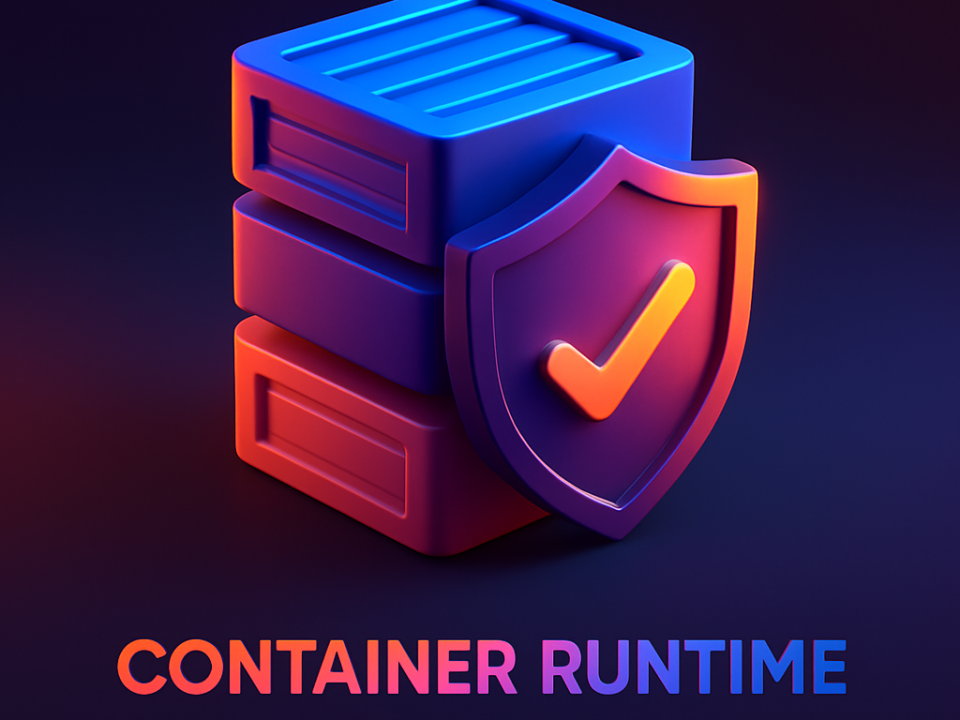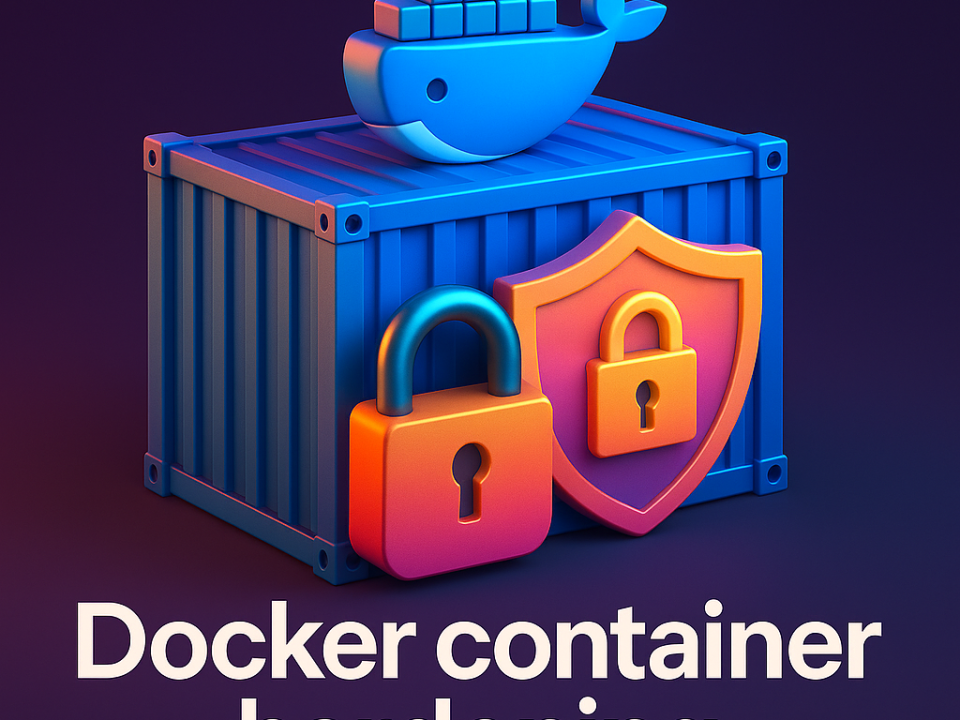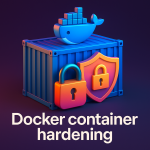
Advanced Techniques for Docker Container Image Hardening: Strategies for Cybersecurity Experts
June 11, 2025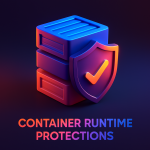
Enhancing Container Runtime Protections through Zero Trust Architectures
June 11, 2025
The application of admission control policies within Kubernetes security baselines is an underexplored, yet critical area that plays a pivotal role in ensuring cloud-native environments are resilient against vulnerabilities. Understanding and implementing these sophisticated controls is vital for cybersecurity experts, top IT professionals, and managers seeking a fortified security posture in increasingly complex operational landscapes. CisoGrid’s mission of providing robust Cybersecrurity Remote Staffing aligns perfectly with this focus, as empowering professionals with advanced knowledge about Kubernetes security enhances remote teams’ effectiveness and responsiveness to threats.
Understanding Admission Control Policies
Admission control policies serve as a gatekeeping mechanism for API requests in Kubernetes, ensuring that only legitimate, policy-compliant requests are processed. These controls can help mitigate risks like privilege escalation and unintended exposure of sensitive data. By enforcing strict criteria at the point of request, organizations can better adhere to regulatory compliance and maintain operational integrity.
- Admission control policies allow administrators to refuse requests based on various criteria, such as user roles and resource types.
- Configuring a robust set of admission controllers can significantly reduce the attack surface of a Kubernetes cluster.
- Common admission controllers include DenyAll, NamespaceLifecycle, and PodSecurityPolicy.
- Auditing admissions can help organizations identify and address configuration drifts efficiently.
- Implementing dynamic admission control enhances runtime security by evaluating every request.
Advanced Mechanisms of Admission Control
Various admission control mechanisms such as ValidatingAdmissionWebhook (VAW) and MutatingAdmissionWebhook (MAW) provide organizations with multi-layered security options. These mechanisms can be tailored to comply with specific organizational policies, allowing for granular control over the deployment of applications and services.
- VAW endpoints can be leveraged to enforce stringent validation rules based on evolving threat landscapes.
- MAW can automate the injection of sidecars or security agents into application pods, enriching them without altering existing deployment scripts.
- Custom admission controllers can be a game-changer in enhancing security by applying organization-specific compliance requirements.
Case Study: Effective Use of Admission Controllers in Real-World Scenarios
Organizations like Spotify and Airbnb have effectively utilized admission control policies to mitigate security risks while facilitating innovation. By defining and implementing tailored admission policies, they balance agile development with robust security measures.
- Spotify adopted dynamic admission policies to enhance CI/CD pipelines without compromising security.
- Airbnb optimized user role management, successfully preventing unauthorized access through strict admission controls.
- Customization of policies in these organizations has shown a decrease in security incidents by up to 30%.
Future Trends in Kubernetes Security Baselines Related to Admission Control
The ongoing evolution of Kubernetes will bring about new challenges and opportunities in security baselines, specifically regarding admission control policies. Font integration with AI/ML technologies promises more adaptive and intelligent mechanisms to counteract threats proactively.
- AI-based admission control systems that learn from historical data can enhance decision-making processes.
- Integration with service meshes will facilitate more secure communication and monitoring.
- Federated Kubernetes clusters will require more sophisticated admission control approaches to maintain inter-cluster security.
Data-Driven Insights on Admission Control Impact
Recent studies indicate that organizations employing comprehensive admission control policies experience a marked reduction in security breaches. Metrics demonstrate that the implementation of admission control can lead to up to 40% fewer unauthorized access attempts.
- Organizations leveraging admission control report improved compliance adherence, especially in regulated industries.
- Data indicates that effective policy management can increase overall Kubernetes security posture ratings significantly.
- Regular auditing of admission control policies is linked to faster incident response times and lower mitigation costs.
In summary, the adoption and enhancement of admission control policies within Kubernetes security baselines are paramount for organizations looking to safeguard their cloud-native applications. By mastering these advanced insights, cybersecurity professionals can lead their teams effectively in the fight against emerging threats. We invite you to explore more about Kubernetes security at CisoGrid—“Cybersecurity Remote Staffing”—and equip yourself with cutting-edge strategies for a resilient future.


